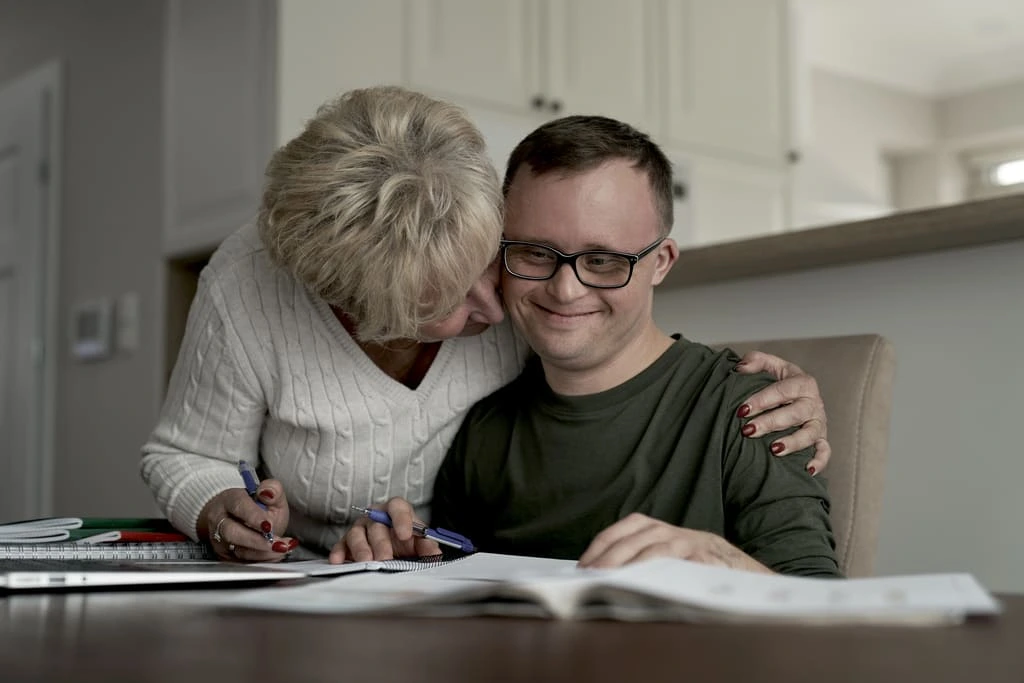Diversity and Its Importance in Mental Health
Diversity in healthcare refers to recognising and incorporating various cultural, social, and individual preferences in mental health services. It encompasses understanding the unique experiences, beliefs, values, and perspectives of individuals from diverse backgrounds. This approach acknowledges that mental health challenges are different, and their impact can differ significantly based on cultural context, socioeconomic status, ethnicity, gender, and sexual orientation.
Cultural diversity shapes the perception, understanding, and discussion of mental health. Individuals from different cultures employ unique approaches to manage stress and difficult situations shaped by their cultural practices and beliefs. Furthermore, how people seek support during challenging circumstances varies across cultures, as cultural norms and available resources impact access to support systems, affecting their mental health journey. Cultural diversity also plays a crucial role in diagnosing and treating mental health challenges, as different cultural perspectives can influence symptom recognition and interpretation, as well as the approaches adopted by healthcare professionals.
Developing cultural competence and awareness is essential for providing effective and inclusive care that considers the diverse backgrounds of individuals. Cultural diversity shapes the structure and functioning of mental health systems, with policies, resources, and services tailored to meet the diverse needs of communities and ensure equitable access to mental healthcare for all.
Recognising and respecting diversity in mental health care leads to more accurate diagnoses and personalised treatment plans. Tailoring interventions to a person’s cultural background and individual circumstances enhances the effectiveness of therapy and increases the likelihood of positive outcomes.
Cultural Awareness When Treating Mental Health Issues
Over the years, the lack of diversity in mental health has been influenced by stereotypes, prejudice, discrimination, and bias. As a society, we must come together to ensure that proactive healthcare is accessible to all and that people feel comfortable and trusted when seeking help from healthcare providers.
One of the significant challenges in accessing mental health care is the language barrier. Culturally diverse communities may lack educational materials about mental health services in their languages, making it difficult for individuals to access relevant information and support. To foster inclusivity, it is essential to make mental health services accessible and understandable to everyone.

Mental health care professionals often work with people from diverse cultural backgrounds, making it crucial for them to understand and respect different cultures to avoid biases in their approach and treatment. Cultural competence plays a vital role in ensuring everyone receives the support they deserve, free from cultural misunderstandings or insensitivity.
Every individual is entitled to dignity and equal rights, and healthcare workers should respect these rights while providing care. Approaching mental health with a humanised perspective and creating a safe and supportive environment for all individuals is essential to bridge the gap in mental health care disparities and ensure that diverse populations receive the compassionate and effective support they need.
Tailoring Mental Health Treatment to Diverse Populations
Mental health significantly impacts an individual’s quality of life, and seeking help for mental health challenges is crucial. However, it is also essential to acknowledge that culture plays a significant role in how individuals prefer to seek treatment.
For example, in some cultures, seeing a psychiatrist or psychologist is preferred, whereas people from other cultures may seek traditional practices and healers. A person’s cultural choices, preferences and beliefs must be considered when designing a tailored treatment and care. Ensuring inclusive and person-centred care is crucial to helping individuals live fulfilled lives.
It is vital to engage individuals in the decision-making process, seeking their input and involving them in determining the most suitable treatment options. This collaborative approach empowers individuals to participate in their care actively and promotes autonomy and trust.
Clear and culturally sensitive communication fosters understanding, facilitates meaningful discussions, and builds bonds between healthcare providers and individuals from diverse cultural backgrounds. Therefore, employing a diverse team of healthcare professionals who possess cultural competence and can understand and respect the distinctions of various cultures can ensure that mental health support is tailored and responsive to the unique needs of each individual, promoting their overall well-being and quality of life.
Strategies for Embracing Diversity in Mental Health
It is crucial to understand and actively combat bias within the healthcare system. By recognising and challenging biases, healthcare providers can create a more inclusive environment that promotes equitable access to mental health services.
In an inclusive environment, people feel comfortable discussing their mental health challenges, including their experiences with diversity. Understanding that people have different cultural backgrounds is crucial to providing support.
Below we discuss some recommended strategies for embracing diversity.
Providing Culturally Sensitive Mental Health Services and Resources
Culturally sensitive mental health services are provided by professionals educated in diversity. Approaches to mental health that are culturally sensitive involve a range of practices that acknowledge and address the unique needs and cultural backgrounds of individuals.
Providing information and support in the native or preferred language of the individual is vital for effective communication and understanding. Respecting and understanding cultural diversity is another essential aspect of culturally sensitive approaches. Additionally, it is important never to make assumptions about individuals based on their cultural background. Approaching mental health care with an open mind allows individualised and effective support.
Therefore, compassion and person-centred approaches are at the core of culturally sensitive mental health care. Demonstrating empathy, sensitivity, and genuine care for individuals’ well-being ensures positive mental health outcomes.
Increasing Diversity in Mental Health Care and Research
The need to increase diversity in mental health comes from disparities in mental health outcomes and representation in the mental health workforce. Diverse mental health professionals and research can improve mental health care.
When individuals seeking support encounter mental health professionals who share similar backgrounds or have an understanding of their cultural experiences, it fosters a sense of trust. Diverse mental health professionals can bring unique perspectives, cultural competence, and language proficiency, allowing for more effective communication and tailored care. This inclusivity promotes equitable access to mental health services and contributes to better outcomes for individuals from diverse backgrounds.
Diverse perspectives should be considered in research studies to develop culturally appropriate interventions. This ensures that mental health care addresses diverse populations’ specific needs and challenges.
Engaging with Diverse Communities and Their Unique Mental Health Needs
Engaging with diverse communities and addressing their unique mental health needs is crucial for fostering a truly inclusive and effective mental health care system. Healthcare providers must adopt a culturally competent approach to deliver personalised care by actively listening and seeking to understand the cultural context in which individuals live.
Furthermore, engaging with diverse communities involves breaking down barriers to accessing mental health services. By embracing the unique needs of diverse communities, mental health professionals can work towards more equitable, empathetic, and supportive mental health care for all.
Addressing Social Discrimination
Laws and policies on mental health and treatment outcomes should be advanced to address discrimination as a social determinant of mental health. The law should not disadvantage people. It should help improve access to mental health services and quality of life.
As healthcare providers, we have a responsibility to actively combat discrimination in all its forms. Recognising that everyone possesses fundamental human rights and deserves equal access to healthcare is essential. By fostering an inclusive and anti-discriminatory environment, we can ensure that individuals in need of mental health support receive the care they deserve.
It is important to note that addressing social discrimination goes beyond the healthcare setting. It involves advocating for systemic changes and creating opportunities for individuals from marginalised communities. This includes promoting equitable access to education, employment, housing, and social services, as these factors significantly impact mental health outcomes.
Leaf Complex Care Embraces Diversity and Equality in Social and Health Care
At Leaf Complex Care, we provide compassionate support to people with mental health challenges and complex care needs.
Our proactive support workers respect cultural differences and are dedicated to removing society’s barriers and advocating for change, helping people achieve their full potential.
We provide tailored support services for children and adults with mental health needs across the UK, with offices in Bristol, Exeter, Somerset, Slough, and the Midlands.
Contact us today for more information.

















